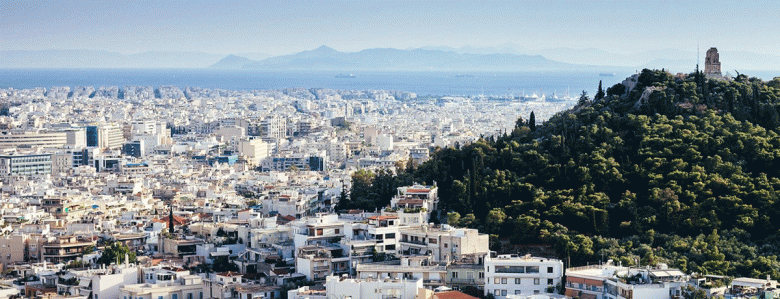Morgan Phillips is a director of The Glacier Trust, a charity working with communities affected by climate change in Nepal. In getting involved in that work, he says that he has been shocked at how little attention the environmental movement pays to the issue of adaptation.
Climate adaptation is treated with caution because the movement would rather focus on preventing the climate crisis than learning to live with it. Adaptation can feel like giving up. But what gets forgotten in that decision is that adaptation is a justice issue: first, the rich adapt easily, with plenty of resources to relocate or rebuild or defend their communities. The poorest don’t have that luxury. And secondly, there are people who are suffering now, and who desperately need to adapt to a situation they did not create. Those suffering most from the effects of climate change often have the smallest footprints. There’s nothing to mitigate, no consumerism to restrain or energy system to transition. It’s all going to be about adaptation.
The Glacier Trust are running a campaign to encourage more discussion around adaptation, and this book has been written in support of it. Great Adaptations is a creatively presented pocket-sized book with stories from around the world, and some of the many possible responses to the climate crisis. “If you lacked the case study examples and language to campaign for adaptations that are just and transformative, and against adaptations that only serve the interests of the few, this book provides them.”
That distinction is important. As the title of the book hints, there are good and bad ways to adapt. Some responses are selfish – billionaires buying land in New Zealand, for example. Some are ultimately going to be counter-productive, such as the rush to air condition cities. Others are community-led and making a major difference, and it is these that qualify as the ‘great adaptations’ that we want to encourage. Phillips talks about strategies that are mindful, just, effective and scaleable, and that’s a checklist for adaptation that is worth bookmarking.
Among various examples is the spread of agroforestry in Nepal, where local centres of excellence have been created to share good practice. Farmers are learning new techniques to cope with more erratic rainfall, and forms of agriculture that stabilise the steep slopes and reduce the risk of landslides. As the Glacier Trust is involved, this story gets the most time, and it’s great to be able to learn some lessons from Nepal, a place that doesn’t come up very often in climate change books.
Elsewhere the book discusses community decision-making in Rojava, the risks of climate gentrification, abandoned ski resorts, or rising sea levels in Miami. It’s not afraid to ask difficult questions, including existential ones at it looks as theories of ‘deep adaptation’. Written in short and episodic chapters, it’s a book that readers can dip in and out of, and Phillips describes the book’s main purpose as providing talking points for a conversation about adaptation. On that front, I think it succeeds admirably.
- Great Adaptations is out on September 28th from Arkbound, and is available from Earthbound Books UK.
- I’ve written a fair bit about adaptations, but rarely about adaptation itself. I’ll see if I can do that more. In the meantime, here are some previous posts:











A good book review of Great Adaptations. Thank you 😊